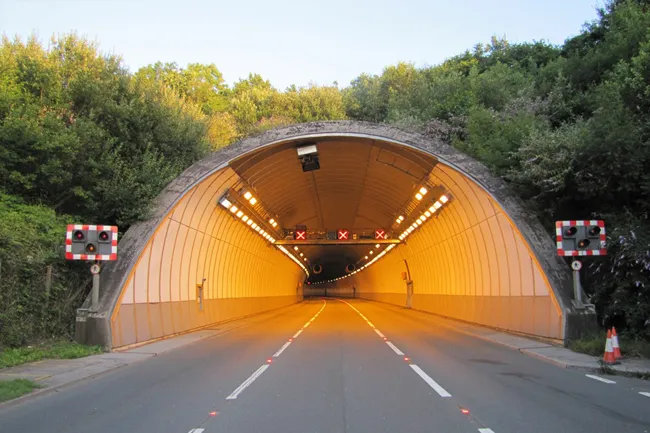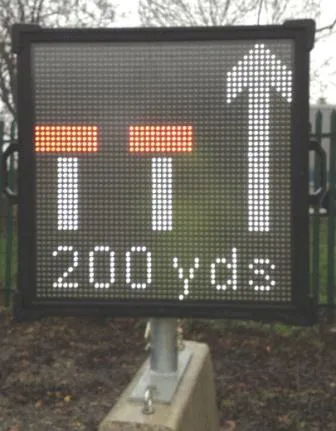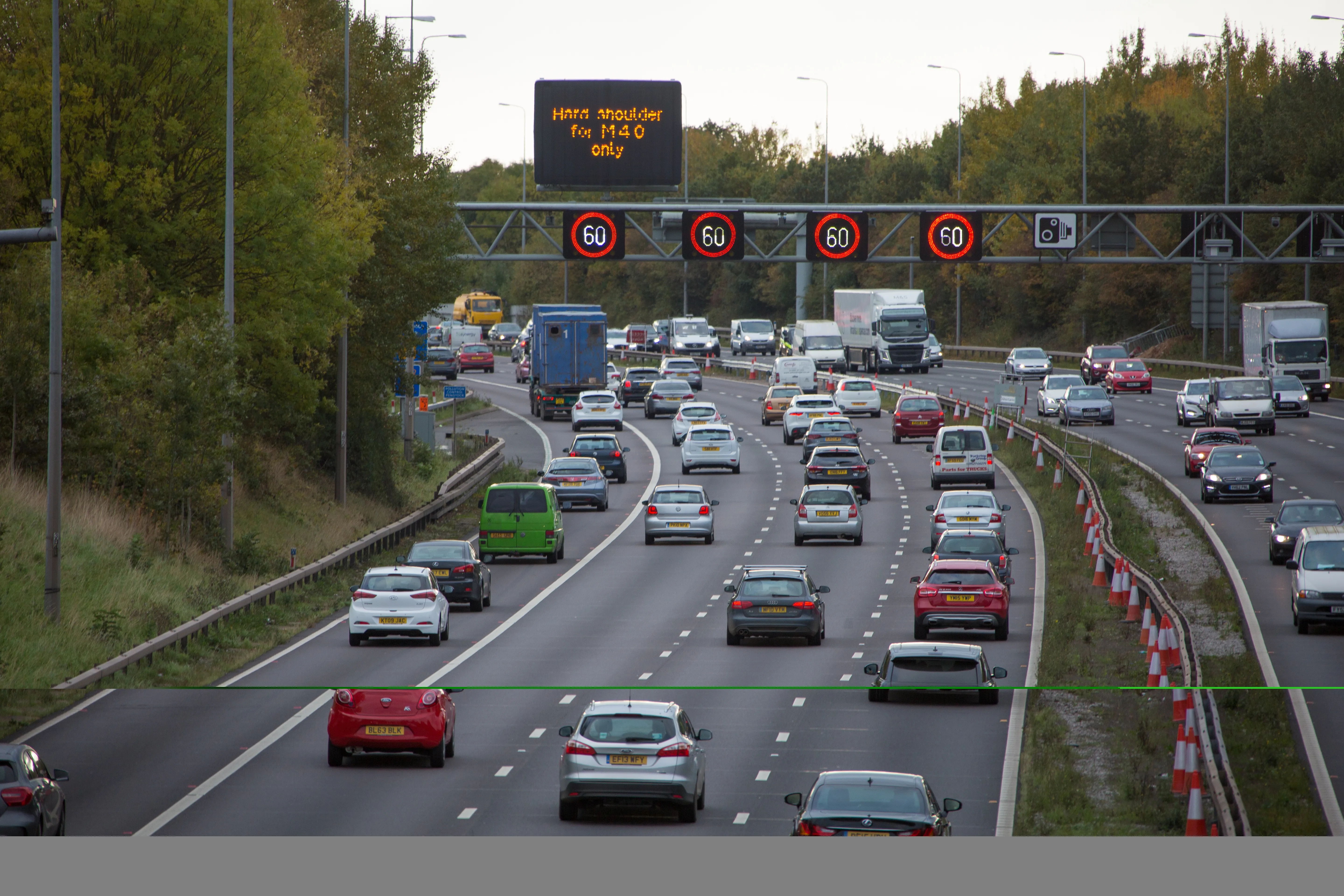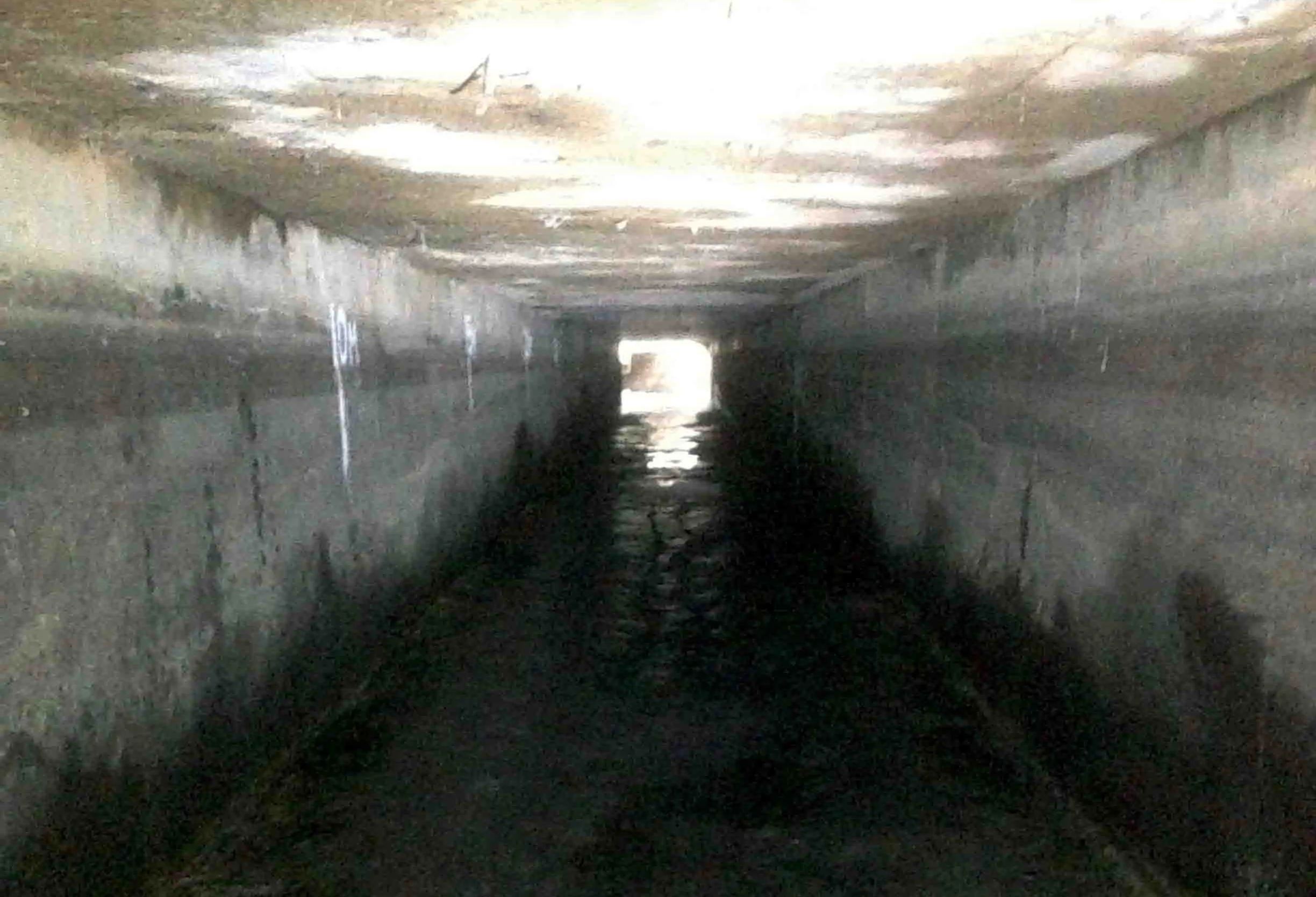
The scheme will see close to 5,000m of cable installed inside the 410m tunnel on the A38 in the county of Cornwall in England.
Overall design of the new system and integrated control systems are from PDS – Paul Ducker Systems – and includes smoke detectors from UK firm
All the systems will be aligned to the public address system – installed along with a new CCTV system two years ago - to direct drivers to the safest tunnel exit in the event of an incident, according to
The tunnel, which opened in 1988, has a speed limit of 50kph and a reversible central lane to cope with holiday and rush hour traffic. Each day, more than 38,000 motorists use the tunnel that was designed by Mott, Hay and Anderson, built by
Highways England said it will hold joint emergency test exercises with the fire services and police when work is finished sometime this spring.









